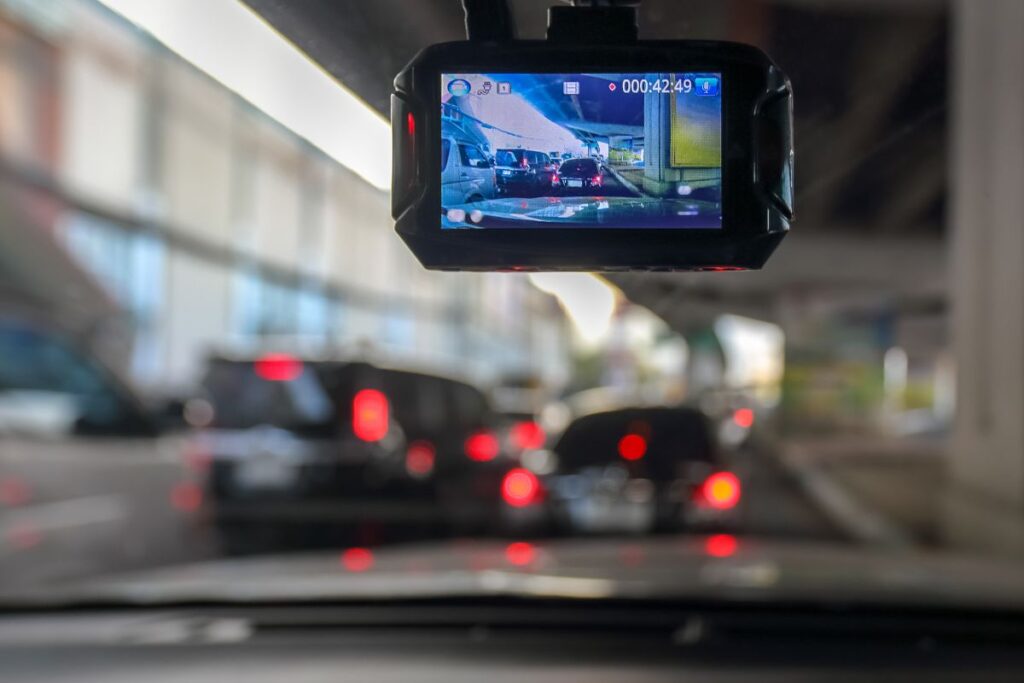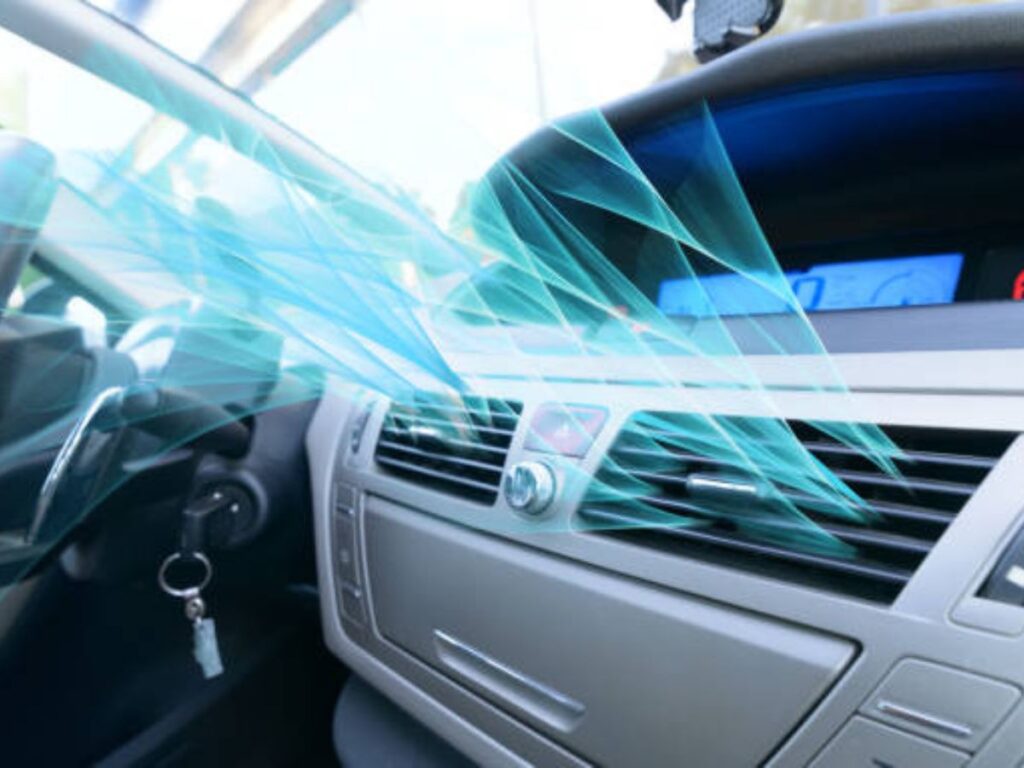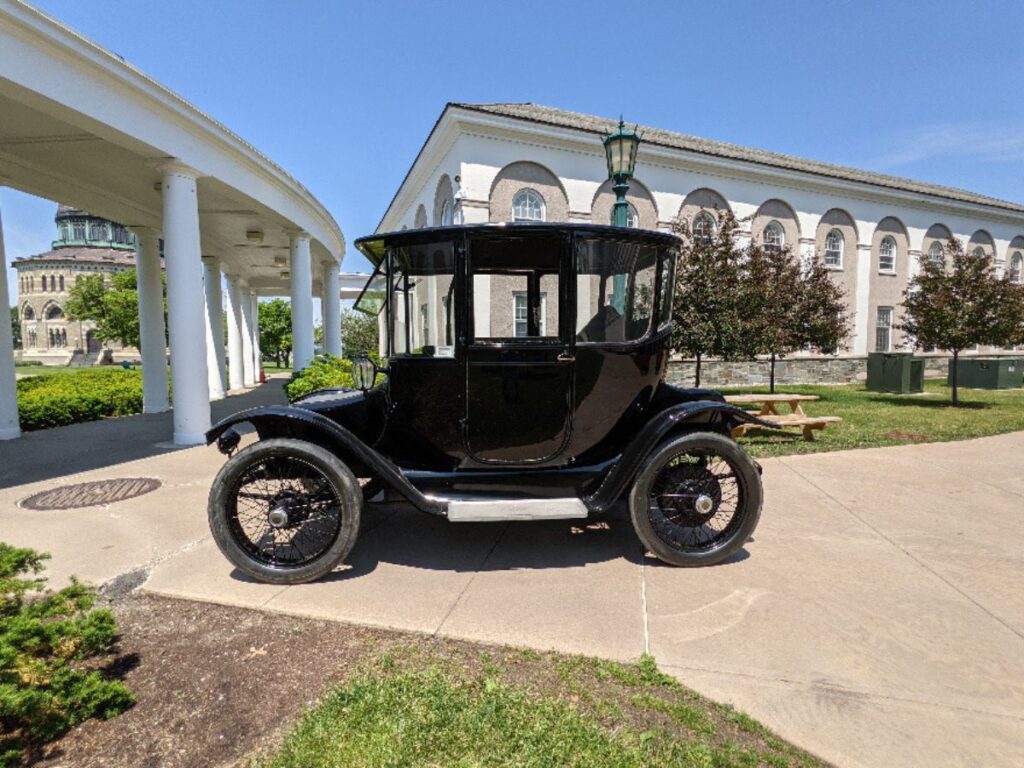Endoscopy is the type of test in which a doctor looks inside of your body through a long thin pipe with a tiny camera inside known as an endoscope that passes inside your body through a natural opening like the mouth. Because of some symptoms doctors may refer you to endoscopy. It used to check issues inside your stomach.
Table of Contents
ToggleWhen do you need endoscopy:
Doctors do endoscopy when they want to check some kind of problems like:
- like:Gastritis, ulcers, or swallowing difficulty.
- Stomach ache.
- Digestive tract bleeding.
- Chronic constipation or diarrhea.
- Increase in the colon or polyps.
Apart from them your doctor may also operate an endoscope to take a biopsy to check the presence of diseases. Healthcare also does an endoscopy to cure your digestive tract problem. Your doctors not only use an endoscope to determine bleeding from an ulcer but this medical technology device can also help to prevent your bleeding. To stop the development of colon cancer you have to go through this process.
Is endoscopy safe for your health:
Generally, an endoscopy is completely safe but it may have few potential complications, which may contain:
- Reaction to sedation.
- Perforation.
- Bleeding.
- Infection.
- Pancreatitis.
Kinds of An Endoscopy:
Let’s see one by one:
Colposcopy:
doctors do endoscopy in your virginia to examine your cervix.
Cystoscopy:
It happens in your urethra to diagnose your bladder.
Colonoscopy:
The doctor operates on your bottom to examine your bowels.
Gastroscopy:
in your mouth to diagnose esophageal like food tube, stomach and part of the small intestine.
Hysteroscopy:
It occurs in your virgina to check your womb.
Endoscopy Upper:
An upper endoscopy is a method that is used to check your upper digestive system with a small camera that is attached to the end of your flexible pipe. A doctor uses this to diagnose and cure issues that may include esophagus, commencement of the small intestine (Duodenum) and stomach. The scientific name of upper endoscopy is “Esophagogastroduodenoscopy”.
Why do you need Endoscopy Upper:
As mentioned above, doctors do upper endoscopy to treat issues that may affect the upper part of your digestive system, such as the oesophagus, stomach and duodenum ( beginning of small intestine ).
Your healthcare may advise an endoscopy process to:
Inspect Symptoms:
It can help your doctor to know what are the signs and symptoms of your digestive issues such as Nausea, Vomiting, Abdominal pain, swallowing difficulty and gastrointestinal bleeding problem.
Diagnose:
Your healthcare provider may do an endoscopy together with the sample tissues to check for diseases and problems, such as inflammation, anemia, bleeding, diarrhea or cancer of the digestive process.
Treatment:
Your health treats your diseases like burning of bleeding vessels to prevent bleeding, process of widening a narrow esophagus, etc, with the use of a special instrument mentioned in the above paragraph.

When to need an endoscopy:
There are some symptoms that allude to having an endoscopy, when you feel these signs contact your doctor.
- Breath shortness.
- Chest pain.
- Fever.
- Swallowing difficulty.
- Very dark colored stool, bloody.
- Daunting pain in your abdomen.
- Vomiting, when it looks bloody and coffee grounds.
Endoscopy prep:
Your health care will provide you particular instructions to prepare for your endoscopy.
Preventing from taking something before endoscopy:
You wouldn’t have to eat or drink something for four to eight hours before your endoscopy. It is important that your stomach should be empty.
Boycott from certain medicine:
You have to stop taking medicine that is making your blood thinner before the procedure. Because of blood-thinning it can increase your bleeding during the process. If you are suffering from chronic conditions like blood pressure, diabetes, heart disease etc then your doctor will provide you with some particular information according to your medicines.
You should inform your doctor about your medicine before this process.
Risk of endoscopy:
As the endoscopy is a very safe process. But there are some risk of it.
Bleeding risk:
Your risk of bleeding can be increased during the procedure which will involve removing a piece of tissue for biopsy or diagnosing digestive system issues. In some cases, such bleeding can demand a blood transfusion.
Gastrointestinal tract tearing:
A tear in your esophagus or another part of your upper digestive system may demand hospitalization, sometimes surgery may be required to repair it. But the risk of this is not very high, it approximately happens 1 in 2500 to 11,000 diagnostic upper endoscopies. The risk can be increased when additional processes, like a dilation to widen your esophagus are performed.
Infection:
Most endoscopies include biopsy and examination and also there is a low infection risk. when the additional processes are functioned it can increase your risk of infections. Most infections are minor and can be cured through antibiotics. Your doctor may provide you preventive antibiotics before this process if you are at risk of higher infection.



